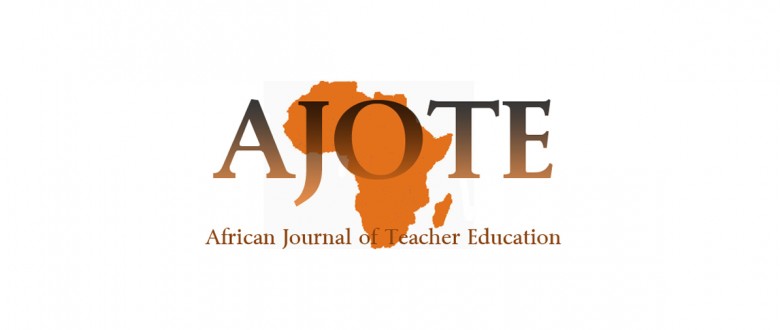
Authors
- Dr. Fernanda Soares (Family Health International 360 and Maastricht Graduate School of Governance / United Nations University – MERIT, Maastricht University)
- Kirsten Galisson (Family Health International 360)
- Dr. Mindel van de Laar (Maastricht University)
Abstract
In the bid to improve teaching quality and promote an approach to teacher development that is grounded in the context in which teachers are inserted, Professional Learning Communities (PLCs) have become a popular alternative model of teacher professional development in many countries. PLCs, however, have been more widely studied in high-resource contexts. In a recognition that existing conceptualizations from the Western literature may not reflect how PLCs are functioning in developing countries, this research aims to inductively create a typology of PLCs that incorporates elements that might be specific to these countries, with a focus on Sub-Saharan Africa in general and based on the cases of Equatorial Guinea, Ghana and Nigeria in particular. This study employs a multimethod approach, encompassing document analysis, semi-structured interviews with PLC experts and expert validation. The resulting typology categorizes PLCs into three models - autonomous, structured and scripted. This typology of PLCs is further integrated with dimensions previously proposed by the Western literature to form one cohesive conceptual framework. By acknowledging PLC variability, we are able to incorporate into a framework modes of PLC operation that are specific to our case countries, and possibly to Sub-Saharan African and low- and middle-income countries more generally.




